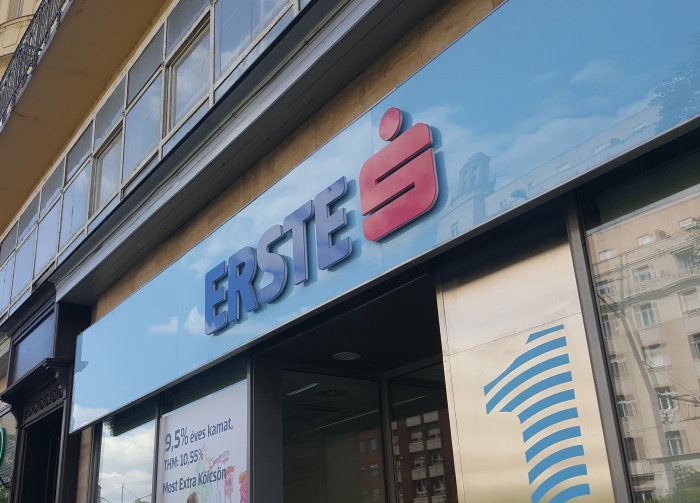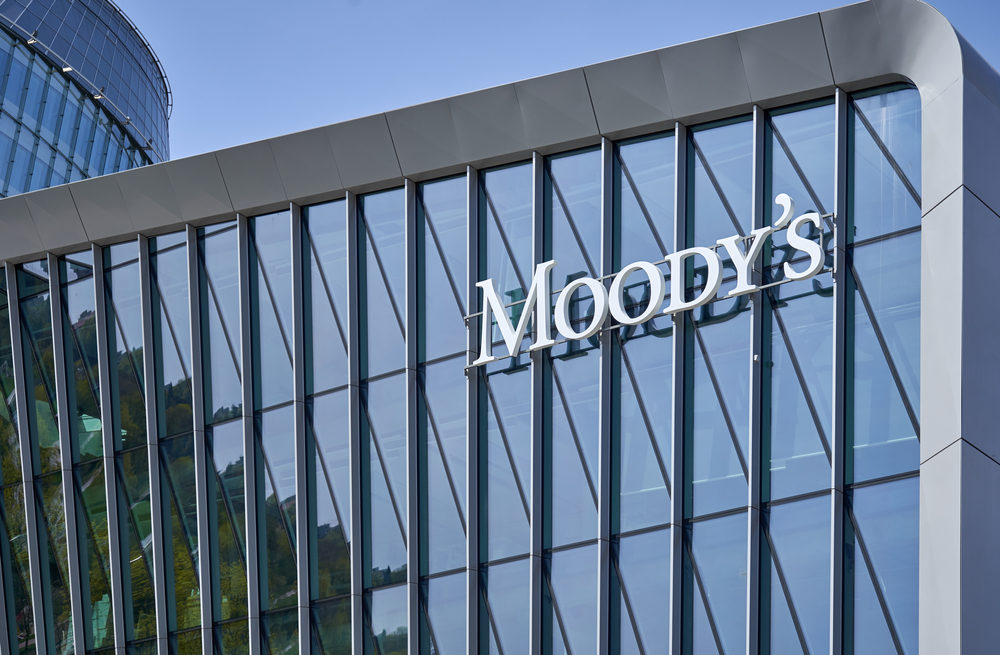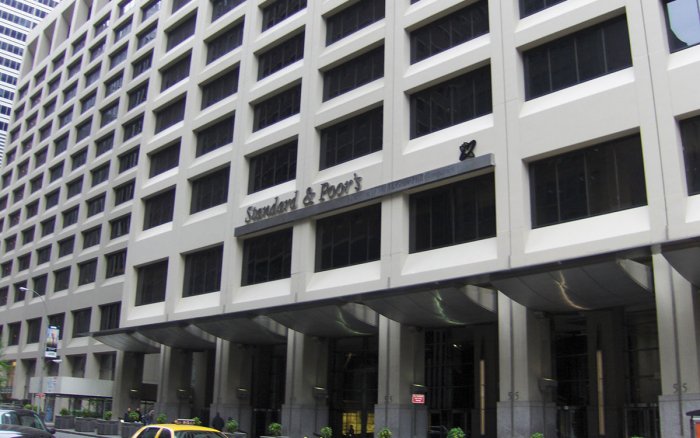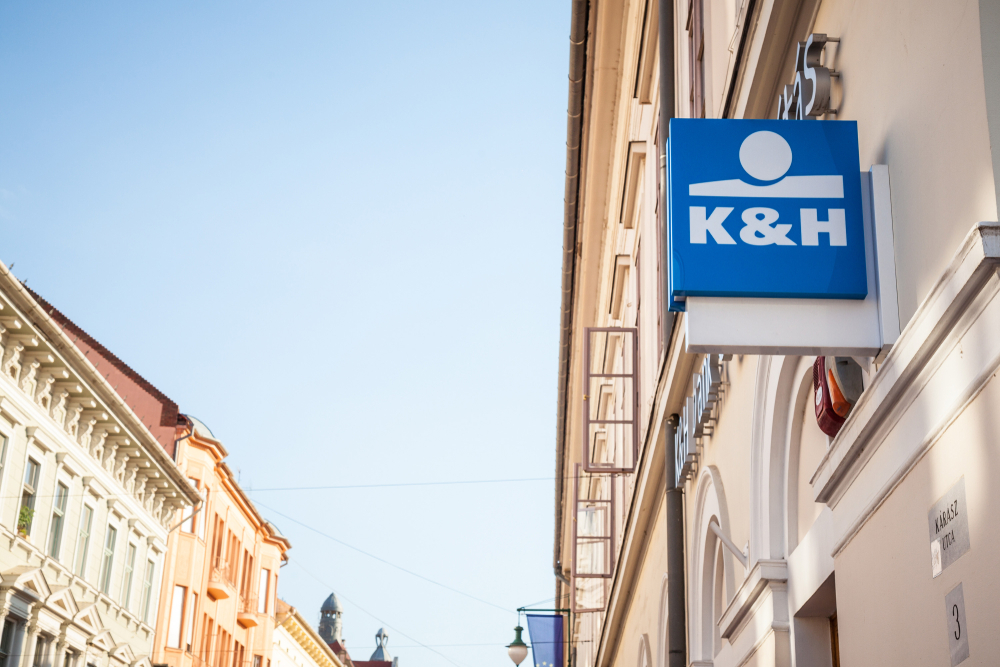Moodyʼs upgrades Erste Bank Hungary Zrt.ʼs deposit ratings

Moodyʼs Investors Service yesterday upgraded Erste Bank Hungary Zrt.ʼs (EBH) long- and short-term local and foreign-currency deposit ratings to Baa3/Prime-3 from Ba2/Not Prime, according to a press statement sent to the Budapest Business Journal.
At the same time, Moody’s upgraded the bank’s baseline credit assessment (BCA) to b1 from b3, its adjusted BCA to ba2 from b1 and its long-and short-term Counterparty Risk Assessment (CRA) to Baa2(cr)/Prime-2(cr) from Ba1(cr)/Not Prime(cr).
The outlook on EBHʼs local-currency deposit rating remains positive, whilst on the foreign-currency deposit ratings it ischanged to stable.
According to Moodyʼs, the upgrade of EBHʼs local-currency deposit ratings with a positive outlook was driven by:
- (1) the upgrade of the bankʼs BCA to b1 from b3;
- (2) the rating agencyʼs unchanged high affiliate support assumption from its parent, Austriaʼs Erste Group Bank AG (Erste; LT bank deposits A3 positive; BCA baa2), resulting in a two-notch rating uplift and a higher adjusted BCA of ba2 from b1 previously; and
- (3) maintaining two notches of rating uplift from Moodyʼs Advanced Loss Given Failure (LGF) analysis.
“The two-notch upgrade of EBHʼs BCA reflects the ongoing improvements in the bankʼs asset quality and capital adequacy, as well as recovery of profitability in 2016 after six years of losses,” Moody’s said. “The bankʼs non-performing loans (NPL) ratio has declined to 11.2% in December 2016 from 19.2% as of December 2015 owing to the sale and write-off of problem loans, restructuring procedures and increased recoveries as economic conditions improve. The bankʼs NPL coverage ratio has improved in the past few years and stood at a moderate level of 65% as of December 2016,” it added.
Moody’s recalls that in 2016 Erste recorded a HUF 43.3 billion net income, which corresponds to a strong 2.2% return on average assets (RoAA). “However, this strong result was primarily driven by the accounting effects related to conversion of the foreign-currency mortgages which resulted in HUF 34 billion of income. Excluding the income related to one-off items, the bankʼs RoAA would be 0.6%,” according to Moodyʼs estimates.
Moody’s also notes that the Hungarian subsidiary received a EUR 250 million capital injection from Erste Group last year, which together with improved profitability has led to better capital adequacy with a Tier 1 ratio of 14.1% as of December 2016, up from 11.1% as of December 2015. “The bankʼs deleveraging over the past several years has resulted in a more balanced funding structure of the bank as the gross loan-to-deposit ratio gradually declined to 78% in December 2016 from 112% in December 2014,” according to Moody’s.
The press statement underlines that the positive outlook on EBHʼs long-term local-currency deposit rating reflects Moodyʼs expectation of further improvements in the bankʼs credit profile over the next 12-18 months owing to continued reduction in problem loans and maintaining good level of capitalisation. The bankʼs long-term foreign-currency deposit rating is at the level of the foreign-currency deposit ceiling for Hungary and will be constrained at that level if the local-currency deposit rating is upgraded, according to Moody’s.
SUPPORT THE BUDAPEST BUSINESS JOURNAL
Producing journalism that is worthy of the name is a costly business. For 27 years, the publishers, editors and reporters of the Budapest Business Journal have striven to bring you business news that works, information that you can trust, that is factual, accurate and presented without fear or favor.
Newspaper organizations across the globe have struggled to find a business model that allows them to continue to excel, without compromising their ability to perform. Most recently, some have experimented with the idea of involving their most important stakeholders, their readers.
We would like to offer that same opportunity to our readers. We would like to invite you to help us deliver the quality business journalism you require. Hit our Support the BBJ button and you can choose the how much and how often you send us your contributions.









